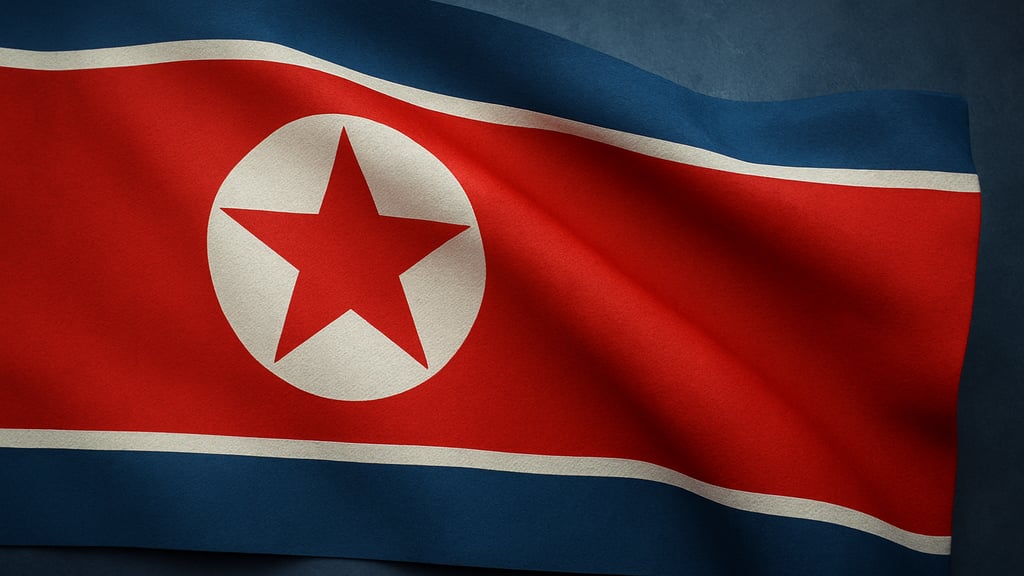North Korea Warns of Offensive Action After US–South Korea Security Talks | November 2025
North Korea threatens offensive action after US–South Korea security talks. Rising tensions as President Trump calls for calm and renewed diplomacy.
Raja Awais Ali
11/8/20252 min read


North Korea Warns of Offensive Action After US–South Korea Security Talks
Pyongyang (November 8, 2025) — North Korea has issued a stern warning of “offensive military action” after condemning the latest US–South Korea security talks, calling them a “direct threat to regional peace.” The country’s Defense Minister No Kwang Chol said through the state-run KCNA news agency that Pyongyang would take “stronger and more aggressive countermeasures” against what it called “enemy provocations.”
This statement came shortly after the US aircraft carrier USS George Washington arrived in South Korea as part of expanded joint defense cooperation. Pyongyang denounced these activities as “war rehearsals,” accusing Washington and Seoul of attempting to isolate and pressure North Korea militarily.
In response, South Korea condemned Pyongyang’s threats as dangerous and baseless, reaffirming its commitment to strengthening regional security coordination with the United States and allies in the region. South Korea’s armed forces have raised their alert level and increased intelligence sharing with US forces to ensure a rapid response to any potential escalation.
Within hours of the statement, North Korea fired a short-range ballistic missile into the East Sea (Sea of Japan). No casualties or damages were reported, but the test heightened tensions across the region. Pyongyang claimed the launch was part of “routine defensive measures” designed to safeguard the nation’s sovereignty and deter foreign threats.
The United Nations, China, Japan, and Russia have all urged restraint, calling for diplomatic engagement to prevent further escalation. Analysts believe that while the risk of full-scale conflict remains low for now, repeated missile launches and warlike rhetoric could destabilize the region’s fragile security balance.
Meanwhile, U.S. President Donald Trump said he is willing to meet North Korean leader Kim Jong Un if it helps ease tensions. However, no official meeting has been scheduled yet. Trump emphasized that his administration remains committed to maintaining regional stability while keeping “all options on the table.”
Political observers note that Pyongyang’s aggressive stance is both a military signal and a diplomatic maneuver to gain leverage amid tightening sanctions and growing U.S.–South Korea cooperation. Experts warn that continued provocations could prompt Washington and its allies to strengthen their defense systems further, making reconciliation even more difficult.
In conclusion, regional leaders must prioritize diplomacy and de-escalation efforts to maintain peace in East Asia. Reducing military exercises, reopening communication channels, and returning to disarmament talks remain essential steps toward long-term stability.
Stay informed with the latest national and international news.
© 2025. All rights reserved.